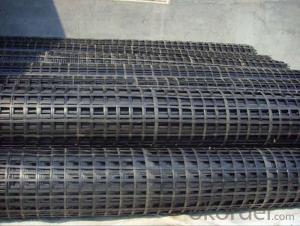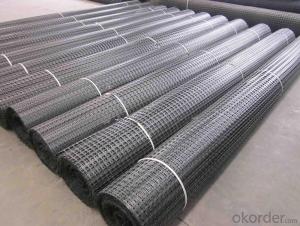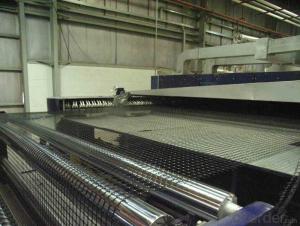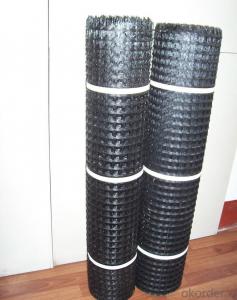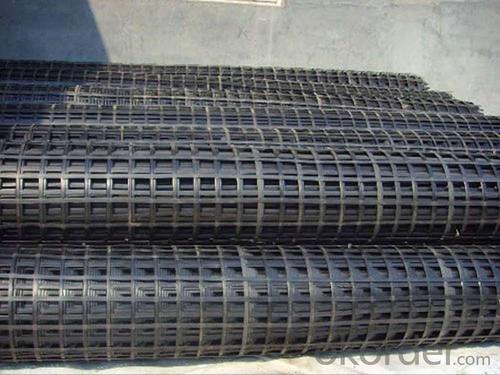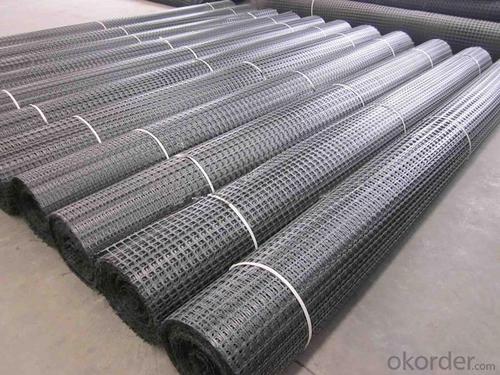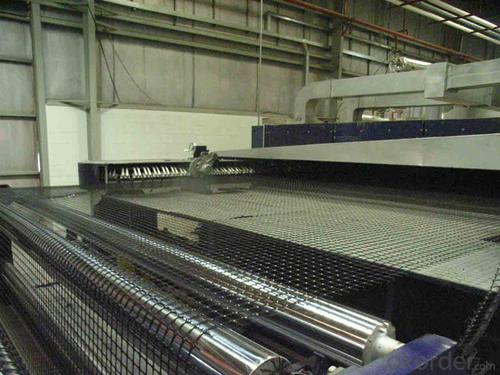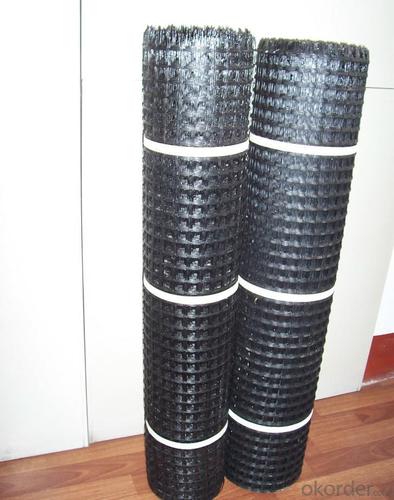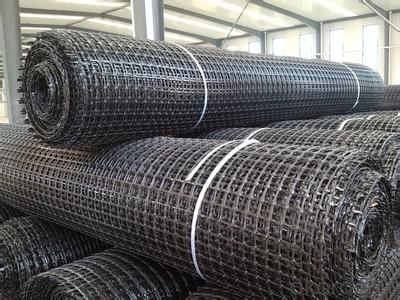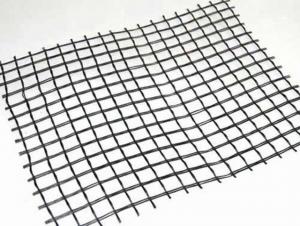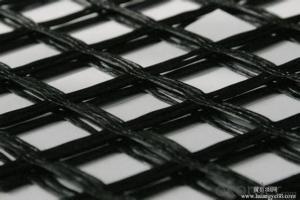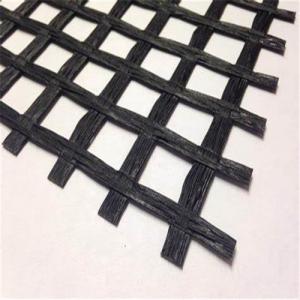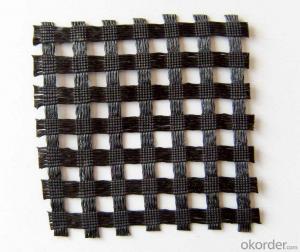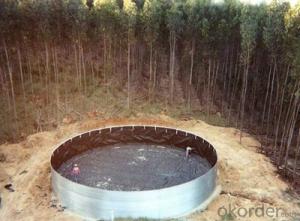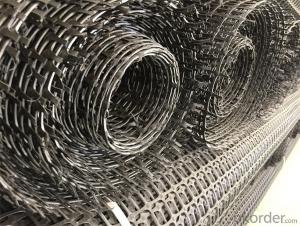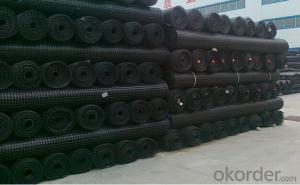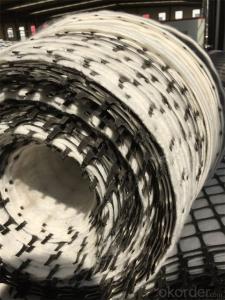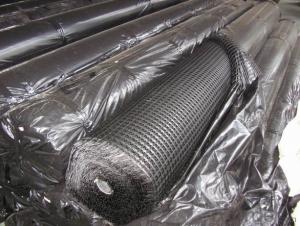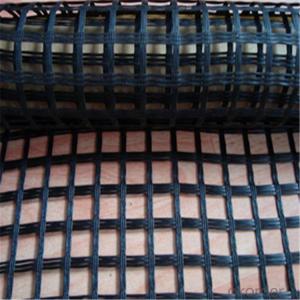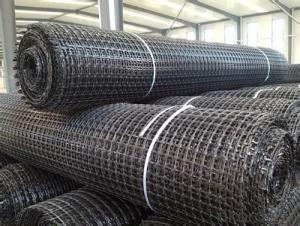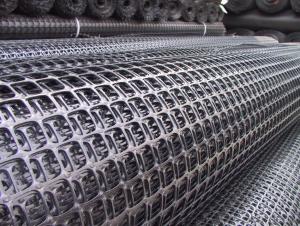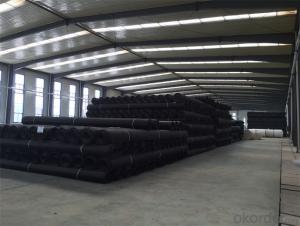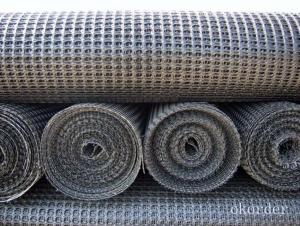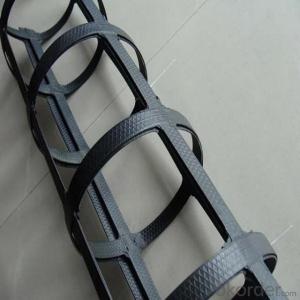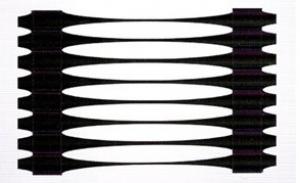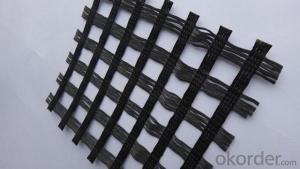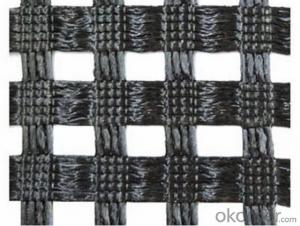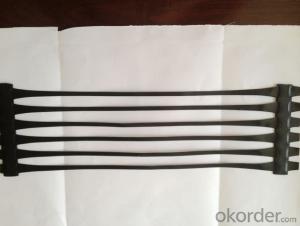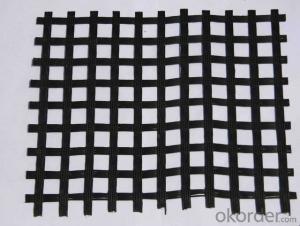High Strength Temperature Resistant Fiberglass Geogrid - Geocells and Geogrids
- Loading Port:
- Qingdao
- Payment Terms:
- TT OR LC
- Min Order Qty:
- 50000 m²
- Supply Capability:
- 2000000 m²/month
OKorder Service Pledge
OKorder Financial Service
You Might Also Like
Fiberglass Geogrid with High Strength and Temperatures Resistance
Description Of Fiberglass Geogrid with High Strength and Temperatures Resistance:
Fiberglass geogrid is a kind of new favorable earthwork base material to strengthen the road surface and roadbed. This product is made by weaving and covering fiberglass filament. It is featured by high vertical and horizontal tensile strength, low unit extension, high flexibility, and favorable high and low temperature resistance. The products after surface covering own the favorable property of alkali resistance and aging resistance.
Main Features of Fiberglass Geogrid with High Strength and Temperatures Resistance:
1.High tensile strength, low elongation.
2.No long-term creep: the product can keep for a long time performance.
3.Thermal stability: fiber glass melting temperature above 1000 ℃.
4.The compatibility with asphalt.
5.Physical and chemical stability.
Specifications of Fiberglass Geogrid with High Strength and Temperatures Resistance:
Tensile Strength (KN) | Warp | >30 | >50 | >60 | >80 | >100 | >120 | >150 | >200 |
Weft | >30 | >50 | >60 | >80 | >100 | >120 | >150 | >120 | |
Elongation(%) | <4< p=""> | <4< p=""> | <4< p=""> | <4< p=""> | <4< p=""> | <4< p=""> | <4< p=""> | <4< p=""> | |
Mesh Size(mm) | 25.4*25.4 | 25.4*25.4 | 25.4*25.4 | 25.4*25.4 | 25.4*25.4 | 25.4*25.4 | 25.4*25.4 | 25.4*25.4 | |
Elastic Modulus | 76 | 76 | 76 | 76 | 76 | 76 | 76 | 76 | |
Width(m) | 1~6 | 1~6 | 1~6 | 1~6 | 1~6 | 1~6 | 1~6 | 1~6 | |
Length(m) | 50~300 | 50~300 | 50~300 | 50~300 | 50~300 | 50~300 | 50~300 | 50~300 | |
Temperature Resistant(℃) | -100~280 | -100~280 | -100~280 | -100~280 | -100~280 | -100~280 | -100~280 | -100~280 | |
Resin Content (%) | 18~20 | 18~20 | 18~20 | 18~20 | 18~20 | 18~20 | 18~20 | 18~20 | |
Glue Type | Bitumen PVC SBR soakage | Bitumen PVC SBR soakage | Bitumen PVC SBR soakage | Bitumen PVC SBR soakage | Bitumen PVC SBR soakage | Bitumen PVC SBR soakage | Bitumen PVC SBR soakage | Bitumen PVC SBR soakage | |
Applications of Fiberglass Geogrid with High Strength and Temperatures Resistance:
Strengthen bitumen concrete roadway and reduce and prevent various kinds of reflection gaps on roadway.
1.Suitable for highway, railway, airport road of subgrade enhancement.
2.Suitable for the large parking lot and port freight yard that the foundations of the permanent load increased.
3.Suitable for railway, highway slope protection.
4.Suitable for culverts.
5.Suitable for the uniaxial tensile geogrid reinforced soil secondary enhancement, after further enhance soil, prevent soil erosion.
6.Mining, tunnel reinforcement.
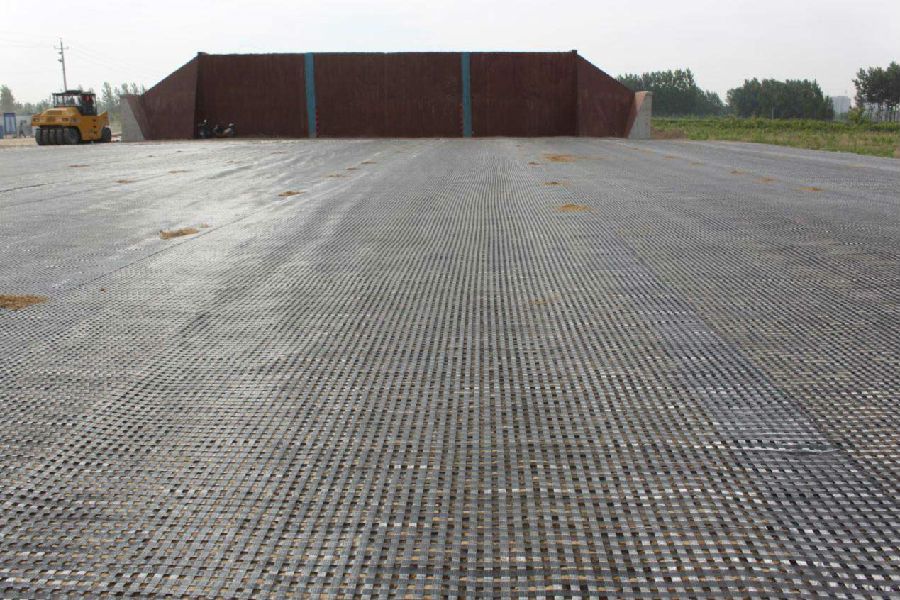
IMages of Fiberglass Geogrid with High Strength and Temperatures Resistance:
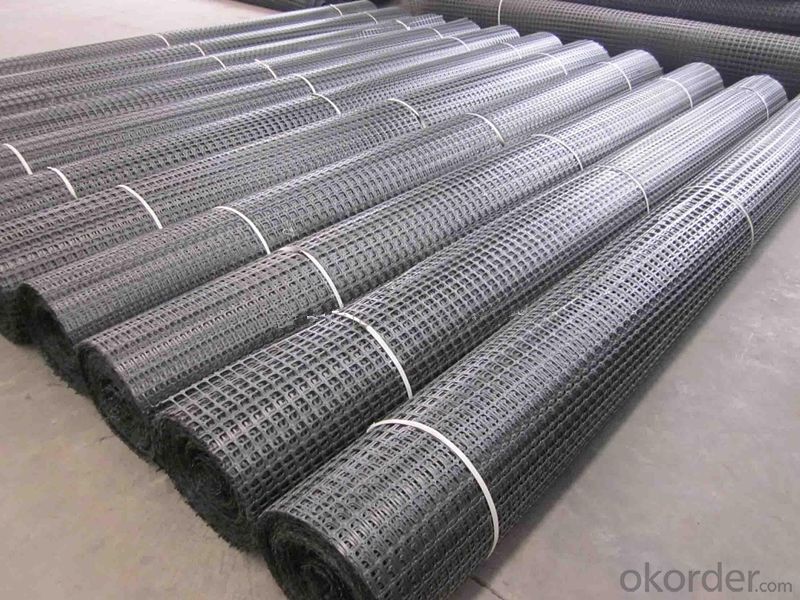
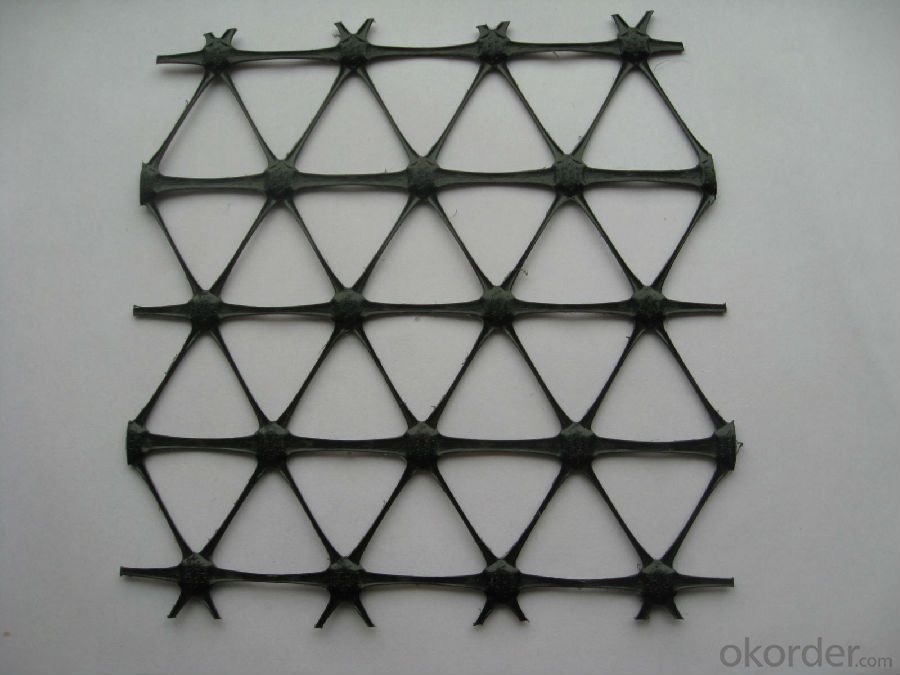
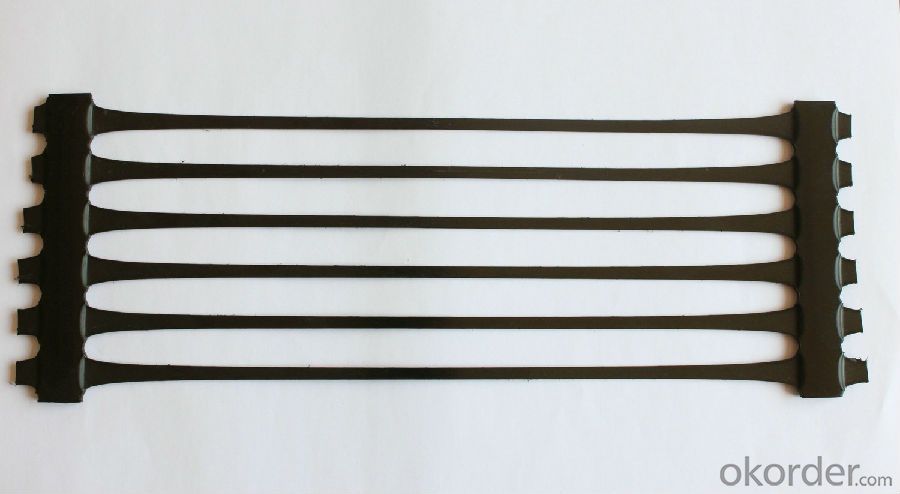
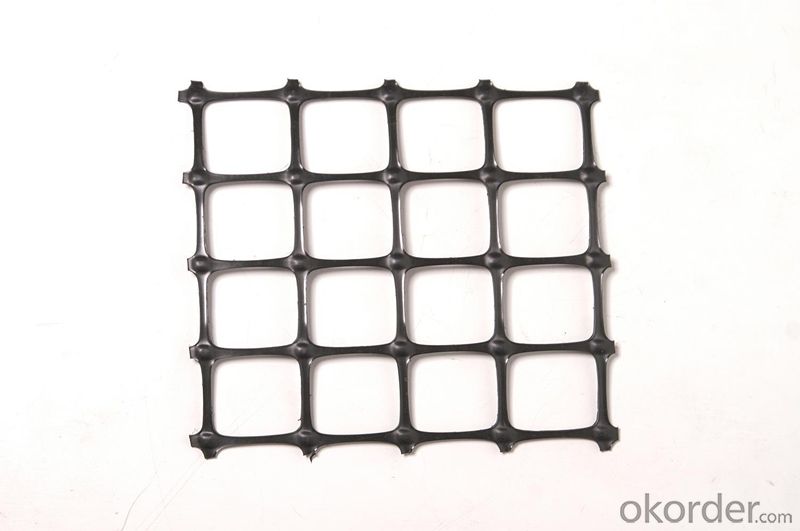
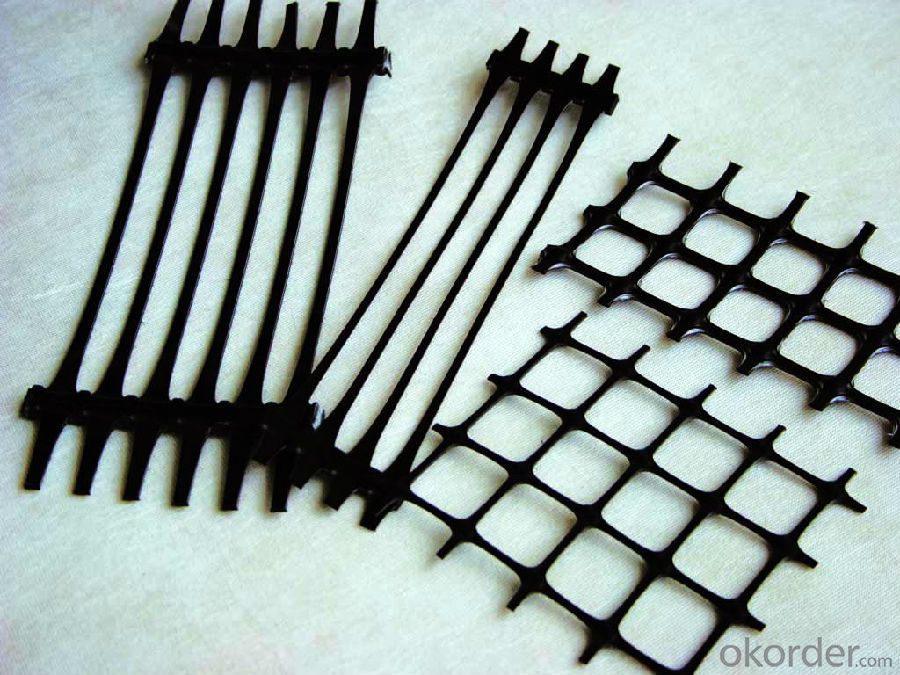
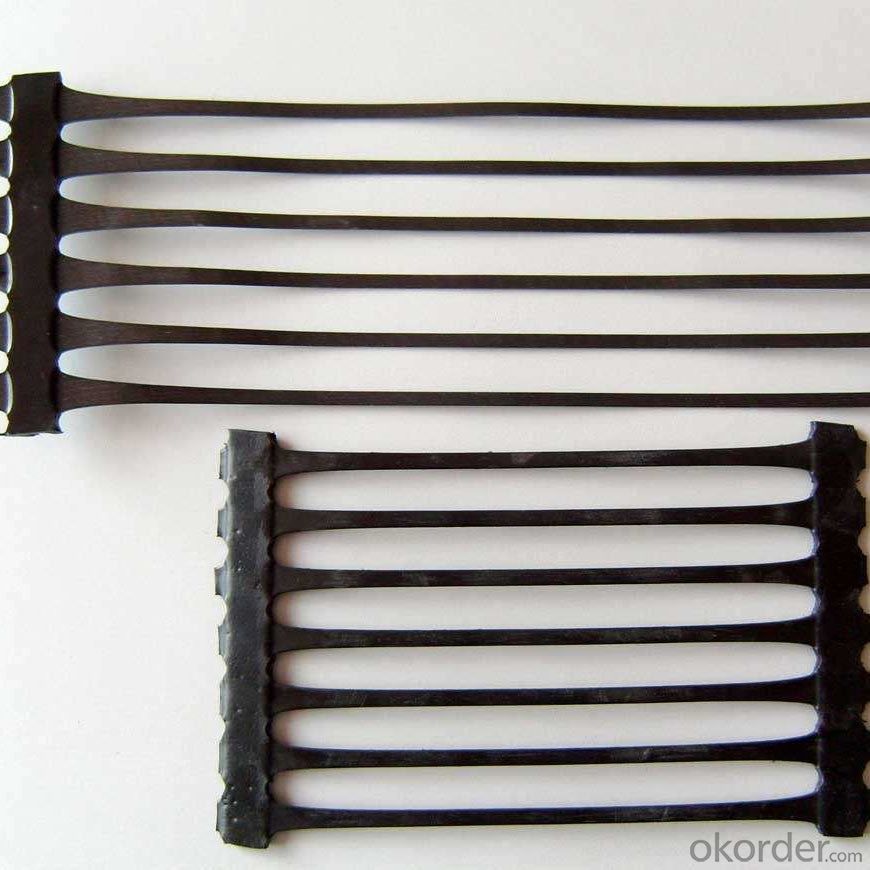
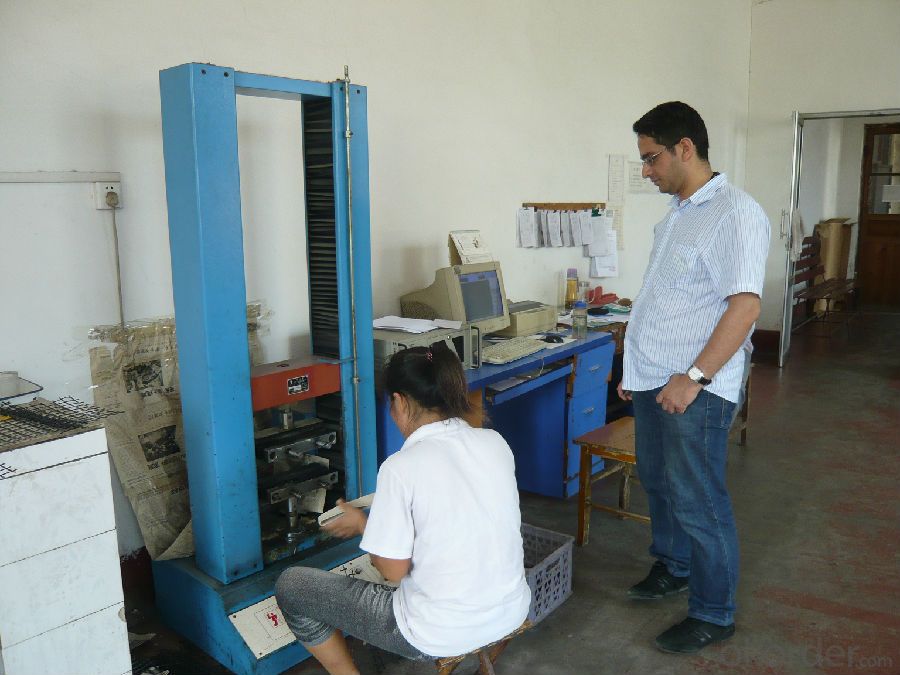
FAQ of Fiberglass Geogrid with High Strength and Temperatures Resistance:
1. What are we supplying?
We are specialized in producing Geosynthetic materials, like Geogrid Series, HDPE Geocell, Geonet, Geotextile, Geomat, Tri Denmensional Composite Grainage Geonet, and Geomembrane Series.
.
2. How Many years experience do we have?
We have been exported to more than 20 countries in the past 15 years.
3. How long do we usually reply your request?
We always reply our customer within 24 hours.
- Q: How do geogrids improve the load-bearing capacity of soil?
- Geogrids improve the load-bearing capacity of soil by providing reinforcement and stabilization. They create a strong interlocking system within the soil, preventing lateral movement and distributing loads more evenly. This reduces soil settlement and increases its ability to withstand heavy loads, ultimately improving the overall stability and performance of the soil.
- Q: Are geogrids resistant to aging?
- Yes, geogrids are generally resistant to aging. They are designed to withstand long-term exposure to environmental factors such as UV radiation, temperature fluctuations, and chemical exposure, which helps to maintain their strength and durability over time.
- Q: Can geogrids be used in soft soil conditions?
- Yes, geogrids can be used in soft soil conditions. Geogrids are often used in such conditions to improve the stability and load-bearing capacity of the soil. They are designed to provide reinforcement and prevent soil movement, making them an effective solution for soft soil conditions.
- Q: Can geogrids be used in stormwater detention systems?
- Yes, geogrids can be used in stormwater detention systems. Geogrids are often used to reinforce the soil and provide stability in these systems, helping to prevent erosion and maintain the structural integrity of the detention system.
- Q: Can geogrids be used in ground stabilization for pipelines?
- Yes, geogrids can be used in ground stabilization for pipelines. Geogrids are commonly used in pipeline construction to reinforce the soil and prevent lateral movement or settlement. They provide additional support and stability to the ground, ensuring the pipeline remains in place and minimizes the risk of damage or failure.
- Q: What is the effect of creep on geogrid performance?
- The effect of creep on geogrid performance is that it can cause the geogrid to gradually deform and lose its original shape and strength over time. This can result in reduced load-bearing capacity and overall effectiveness of the geogrid in stabilizing soil or reinforcing structures. Therefore, creep should be considered and accounted for in the design and selection of geogrids to ensure long-term performance and durability.
- Q: Are geogrids suitable for reinforcement of mechanically stabilized earth retaining walls?
- Yes, geogrids are suitable for the reinforcement of mechanically stabilized earth retaining walls. Geogrids are specifically designed to provide strength and stability to soil structures, and they effectively distribute and transfer loads within the soil mass. By adding geogrids to a mechanically stabilized earth retaining wall, the overall structural integrity and resistance to lateral forces can be significantly enhanced, making them a reliable and effective solution for reinforcement.
- Q: What are the applications of geogrids?
- Geogrids have various applications in civil engineering and construction projects. They are commonly used for soil stabilization, reinforcement of retaining walls and slopes, erosion control, and pavement reinforcement. Geogrids provide strength and stability to the soil, prevent soil movement, and improve the overall structural integrity of the project.
- Q: Can geogrids be used in reinforcement of bridge approach embankments over soft soils?
- Yes, geogrids can be used in the reinforcement of bridge approach embankments over soft soils. Geogrids are commonly utilized in civil engineering projects to enhance the stability and load-bearing capacity of soil structures. In the case of bridge approach embankments, geogrids can be installed to improve the overall strength of the soil, reduce settlement, and prevent potential failure or deformation caused by the soft soil conditions.
- Q: How long do geogrids typically last?
- Geogrids typically last for a long time, with a lifespan ranging from 20 to 100 years, depending on factors such as the type of geogrid, installation conditions, and the application it is being used for.
Send your message to us
High Strength Temperature Resistant Fiberglass Geogrid - Geocells and Geogrids
- Loading Port:
- Qingdao
- Payment Terms:
- TT OR LC
- Min Order Qty:
- 50000 m²
- Supply Capability:
- 2000000 m²/month
OKorder Service Pledge
OKorder Financial Service
Similar products
Hot products
Hot Searches
Related keywords
